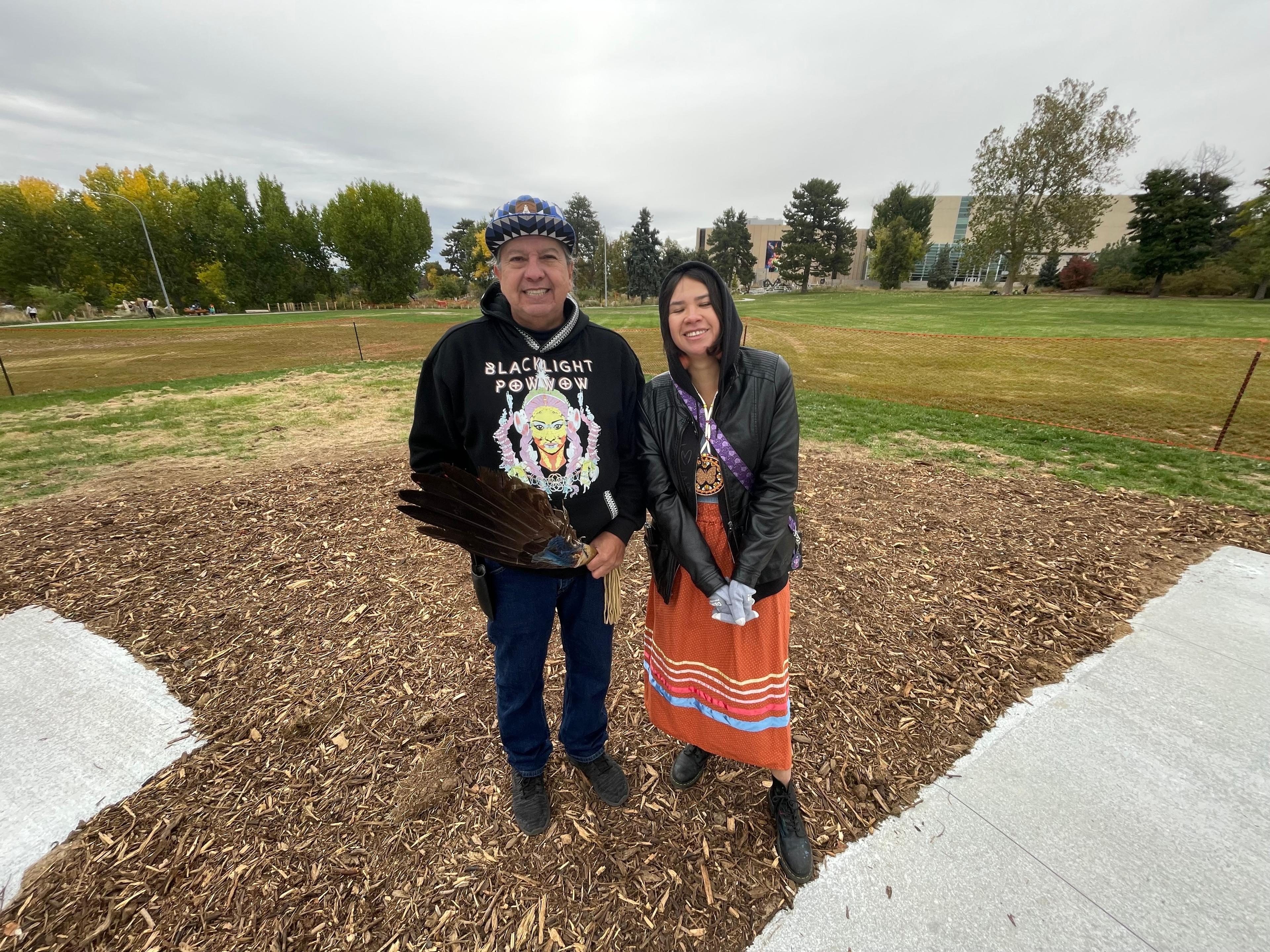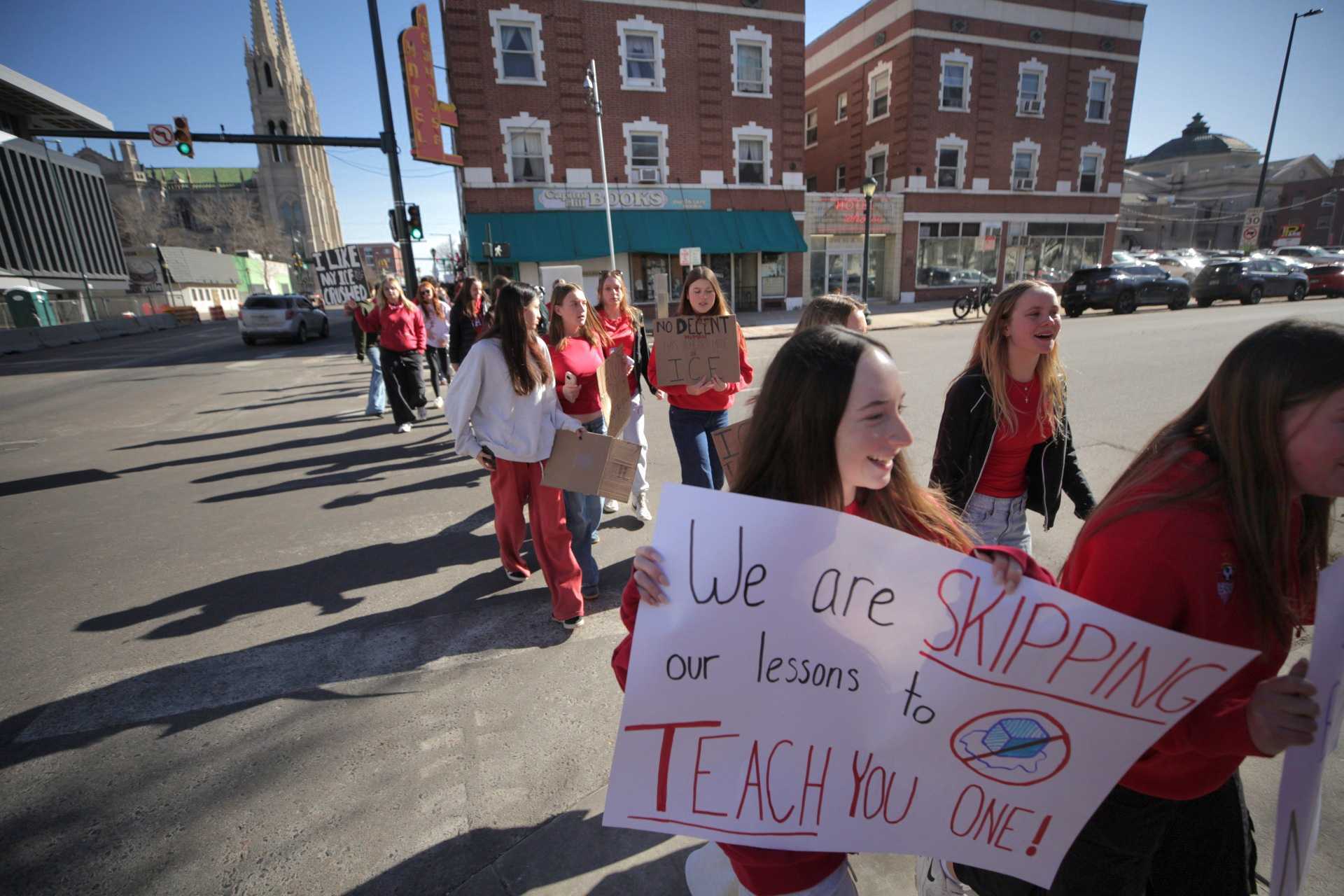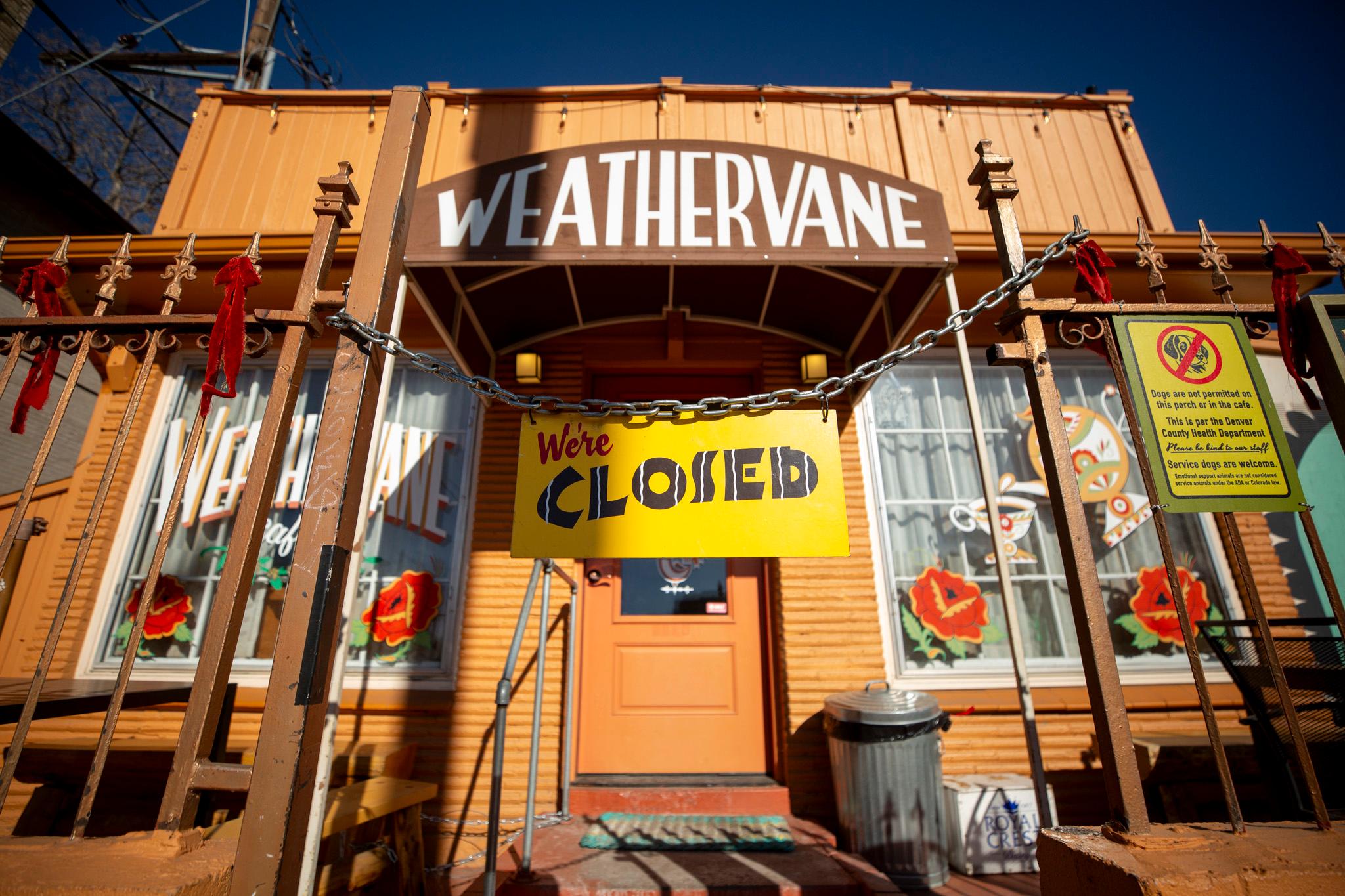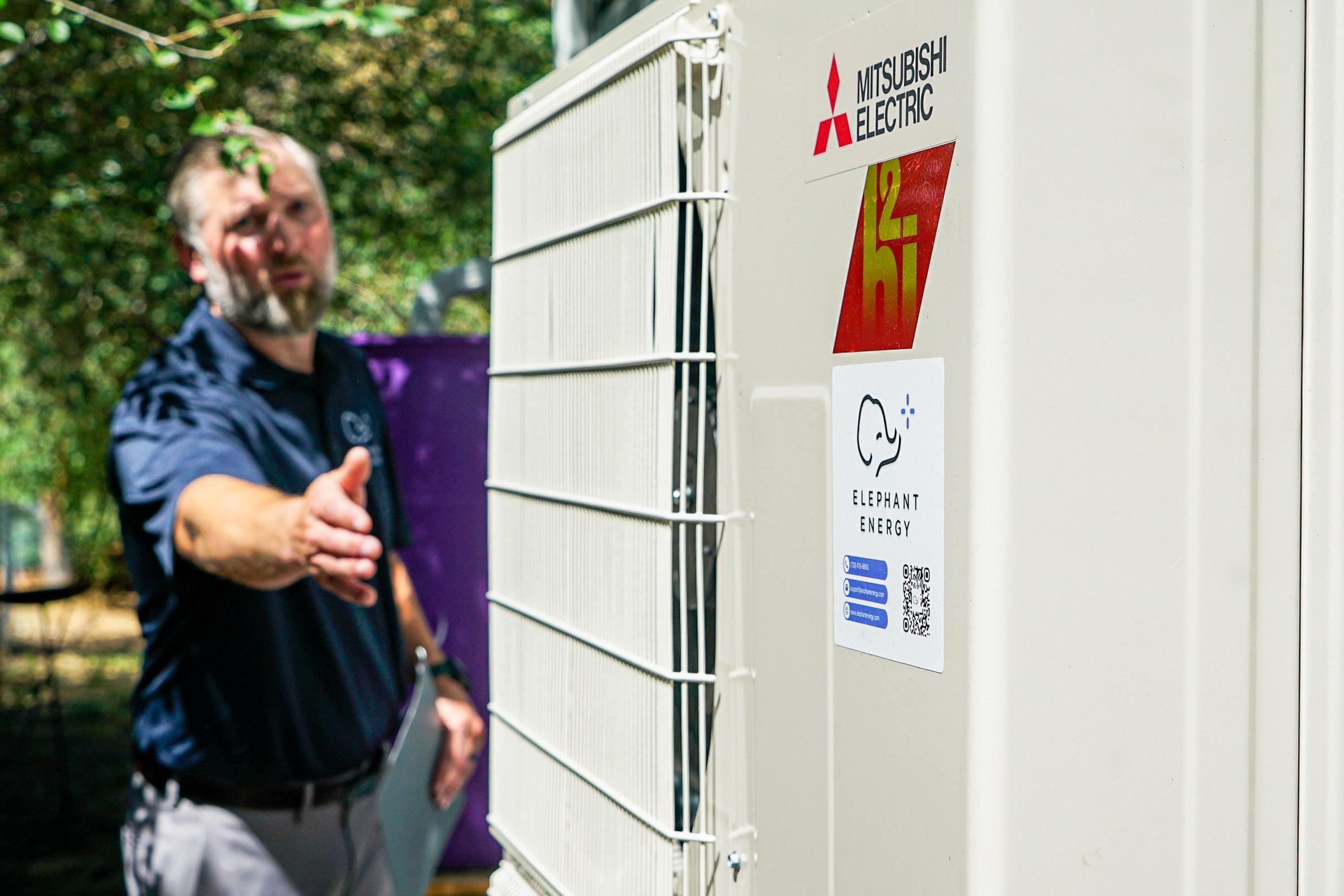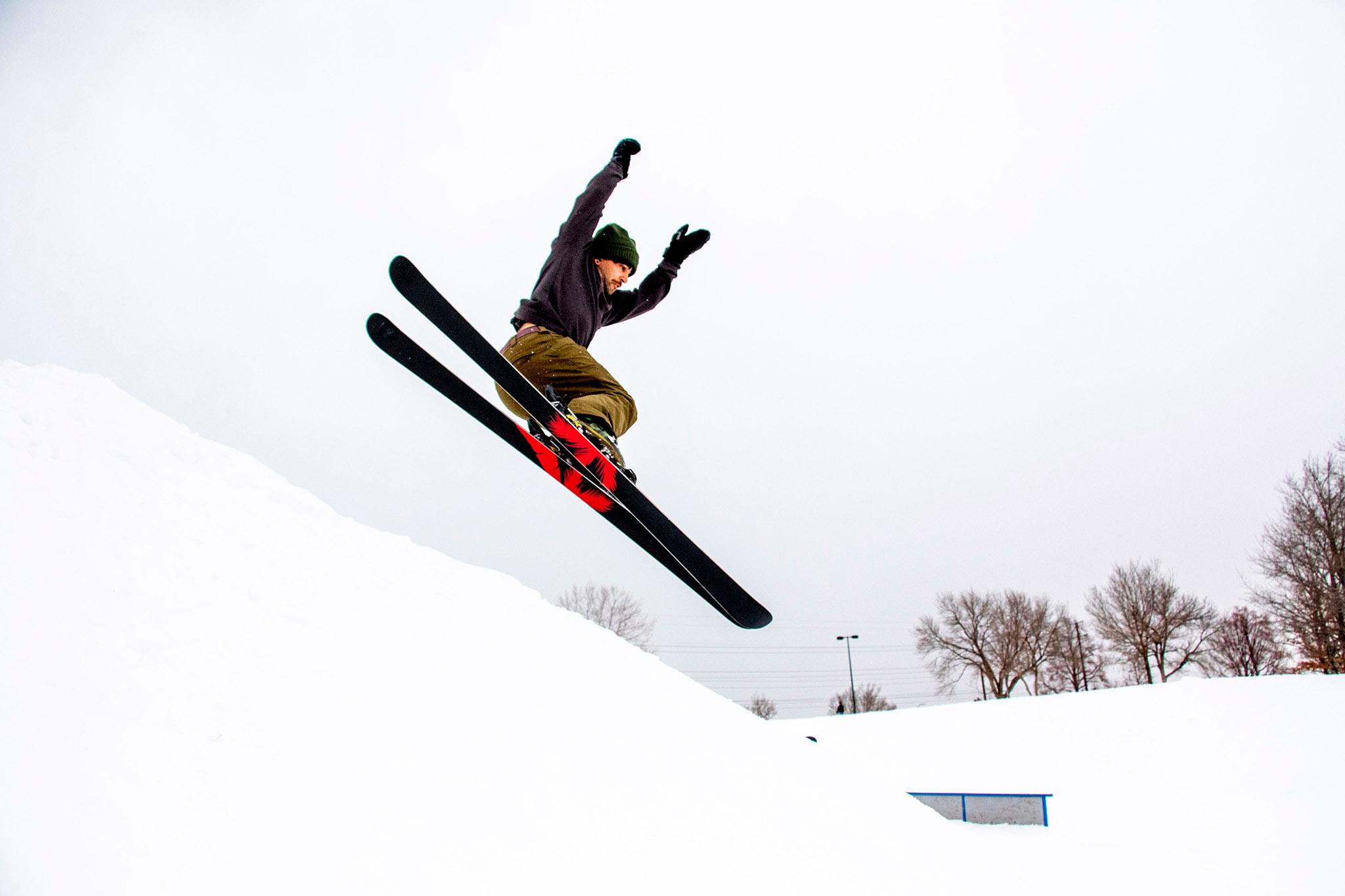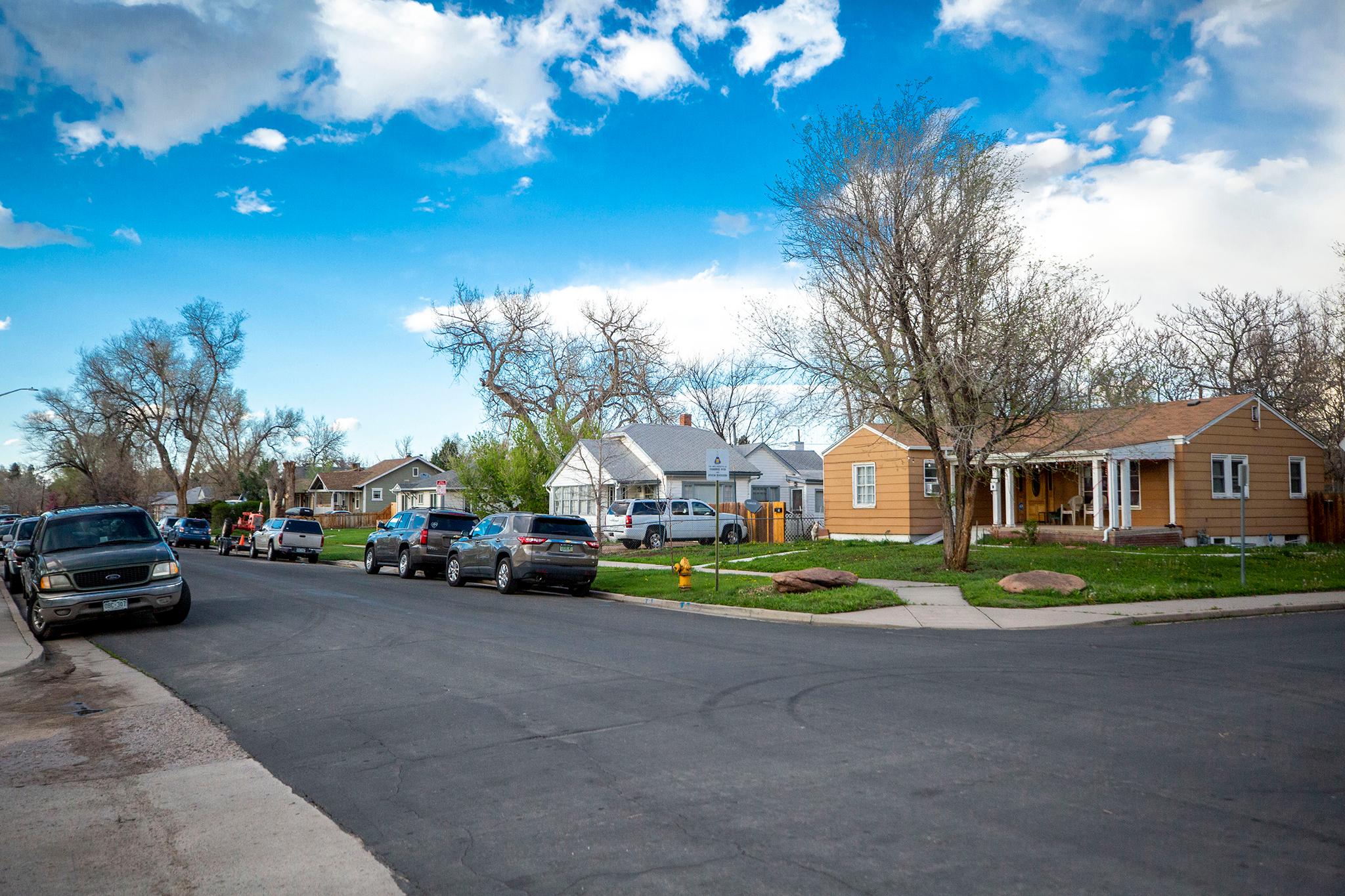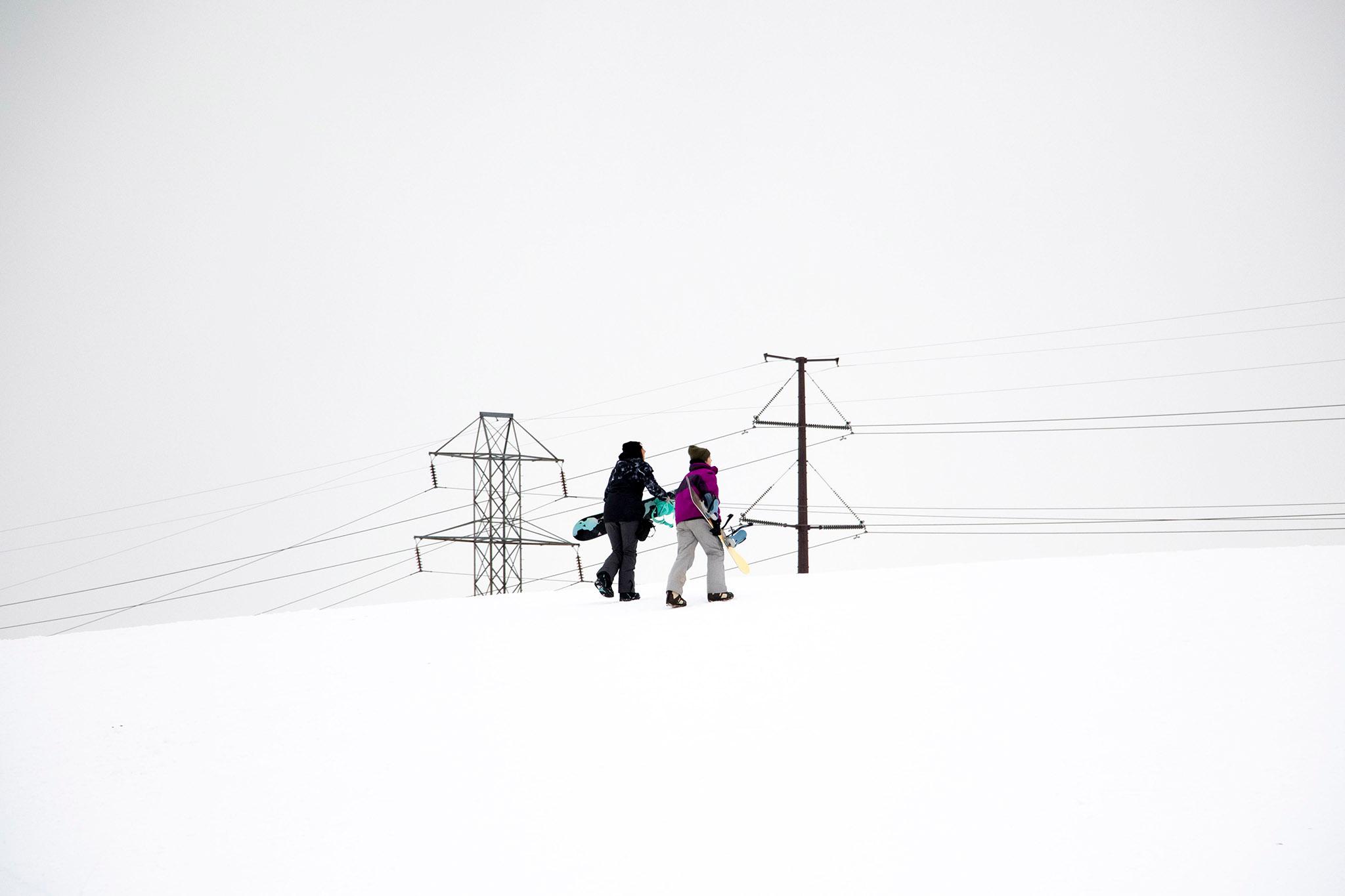On a chilly Monday morning, Mayor Mike Johnston joined community leaders on Indigenous Peoples’ Day to declare a portion of City Park as a “living land acknowledgement.”
The South Prairie, a swath of grass near 17th Avenue and Colorado Boulevard, just south of the Denver Museum of Nature and Science, will be transformed into an actual prairie with native grasses and mushrooms. Medicinal plants will be planted at Lily Pond. There will be a gathering space at the site of a former playground for Indigenous events. And Indigenous art will be included throughout the site.
It’s the first dedication of its kind in Denver — marking a remarkable change from the early 2000s, when Denver police arrested hundreds of Native American organizers who blockaded the city’s Columbus Day parades for several years.
“We are beginning to create a kinship with the city,” said Sid Whiting of the Sican'gu Lakota people. “It really is the start of a bond that the city is working towards creating with Native people. It's one of the first projects that really allows Native people to be Native.”
The city won’t actually give ownership of the land in Denver’s largest park to Indigenous communities, but city leaders say they’ll provide them with access and influence over how the property is used.
The new landscape — totaling several acres — will bring hawks, foxes, bunnies, and maybe even prairie dogs to the park, said Whiting, who helped broker the deal between Native communities and the city.
Some community members wanted to bring buffalo to the land, though Whiting said that was not practical with the land Denver offered.
But the city is dedicating $1.5 million to the new City Park project – a material commitment to acknowledging the history of white settlers’ genocidal violence and repairing relationships with Indigenous people. Separately, the city could dedicate $20 million to an American Indian Cultural Embassy.
The violence of Colorado’s founding:
City Park was established in 1882, less than two decades after the Sand Creek Massacre, when the U.S. Army murdered hundreds of Cheyenne and Arapaho people who had been driven from the confluence of the South Platte River and Cherry Creek.
The park represented the early imposition of European park and landscape design on the High Plains landscape.
In the ‘90s and early 2000s, the American Indian Movement clashed yearly with Columbus Day parade organizers over the annual celebration of Christopher Columbus and the Italian immigrant community.
The protesters’ demand: Quit honoring Columbus with a national and state holiday and abolish the annual parade. The Italian community rallied in defense of the holiday and parade, arguing it was a celebration of their culture. Columbus’ voyages kickstarted the colonization of the Americas, and he and his men enslaved, brutalized and killed Indigenous people.
The clashes peaked in 2004, when the city arrested more than 200 people downtown protesting the parade.
Then-mayor John Hickenlooper waded into the fight in 2005.
“Frankly, I am sick and tired of this entire costly, frustrating and potentially dangerous situation that does nothing but generate ill will,” Hickenlooper wrote to leaders from the Italian and Indigenous communities..
The Denver Post reported his letter irked both sides.
“We’re sick and tired that there’s a national and state holiday celebrating the annihilation of Indian people,” Glenn Morris of AIM said at the time, calling the letter “paternalistic.”
Over the years, Denver and Colorado have embraced the Transform Columbus Day protesters’ demands – despite a federal push to undo that work.
In 2016, Denver City Council declared the city would replace Columbus Day with Indigenous Peoples’ Day, and city workers now take the date off as a holiday. In 2020, the state replaced Columbus Day with Cabrini Day, honoring a Catholic nun and humanitarian.
More recently, these kinds of efforts have been widely criticized by President Donald Trump and the Republican majority.
Days ago, Trump signed a proclamation to “reclaim” Columbus’s legacy, and House Republicans have pushed for a bill to cut federal funding to cities that canceled Columbus Day and replaced it with Indigenous Peoples’ Day.
Still, Denver is forging ahead. Kristina Maldonado Bad Hand, one of the organizers ofthe City Park project, said it builds on previous generations’ struggles.
“There's people who took rubber bullets at Columbus Day parades and spent the night in jail and did some serious sitting down and making sure that we had change,” she said. “We have some elders who have passed on that have been a huge part in creating this space.”
Whiting hopes it’s the first of many more collaborations between the city and the Indigenous communities for whom this a homeland.

